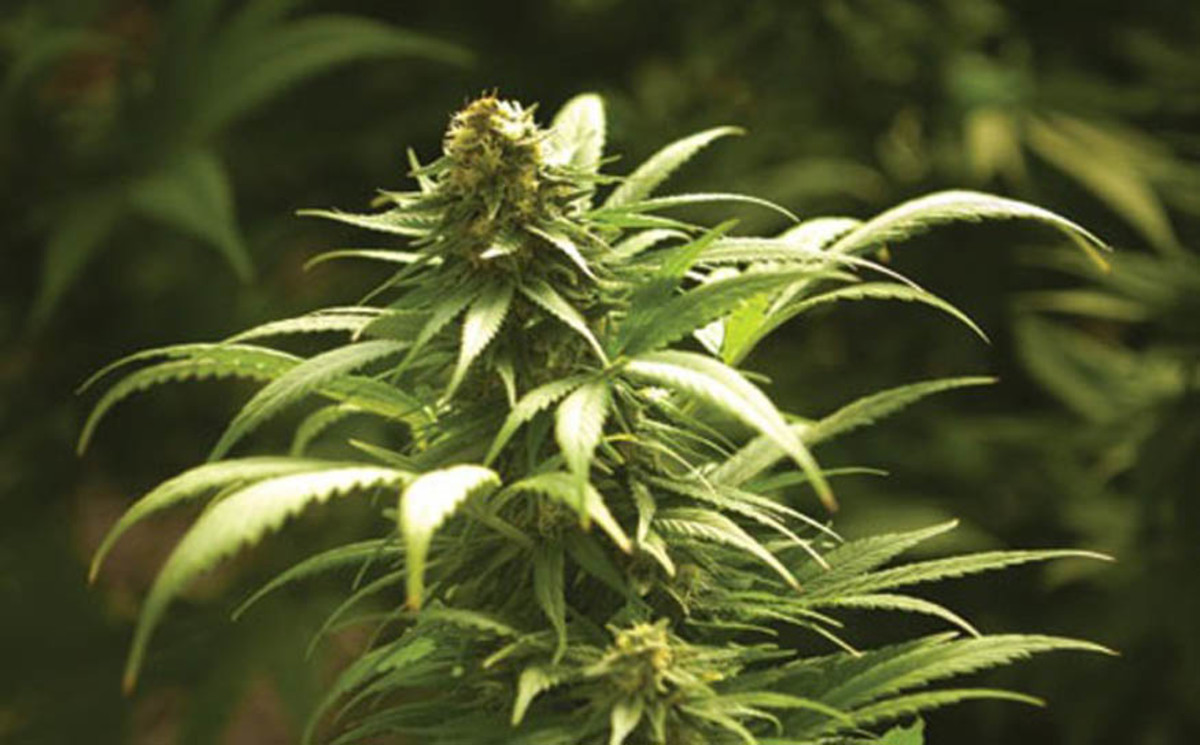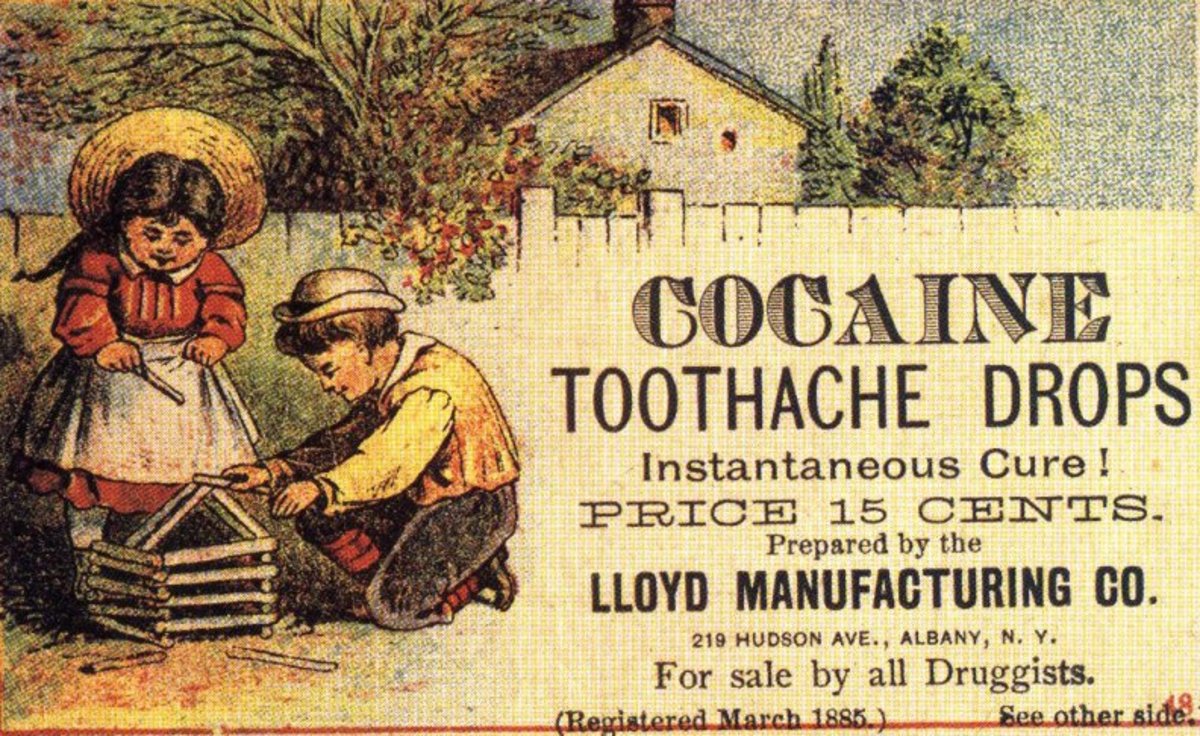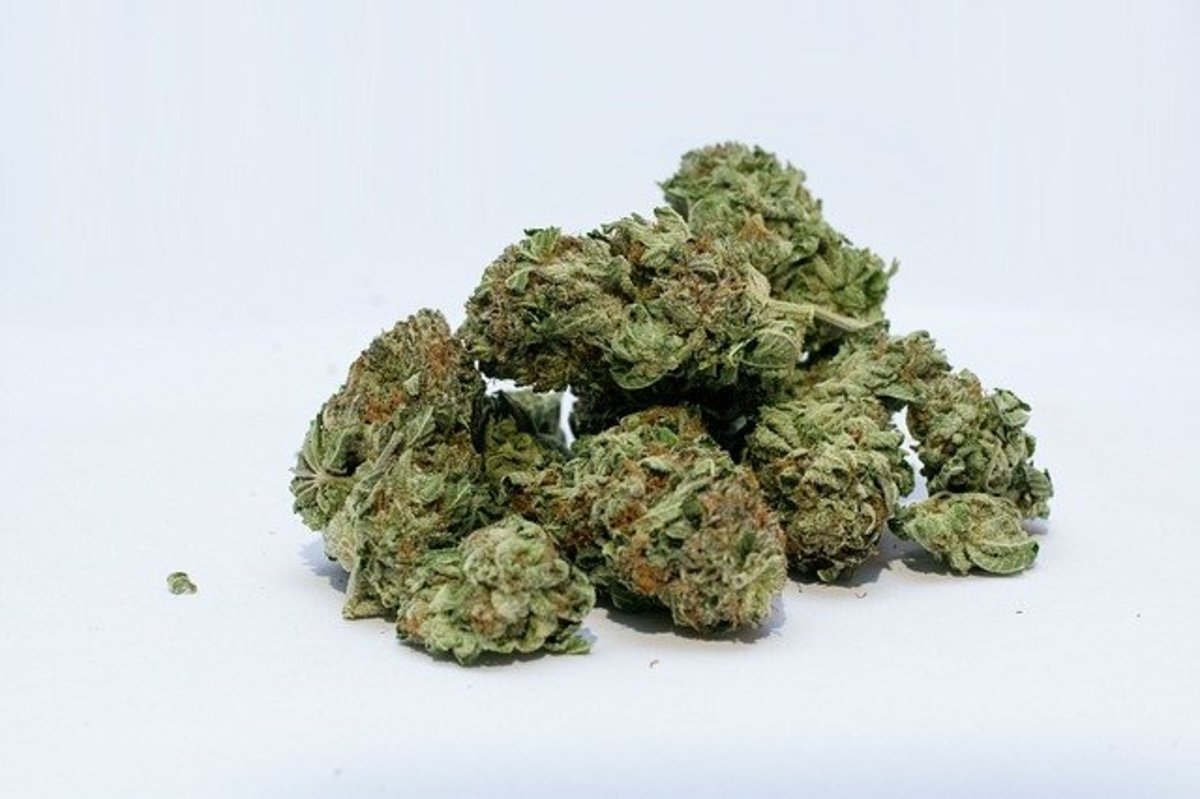Marijuana Legalization - Trump versus Sessions
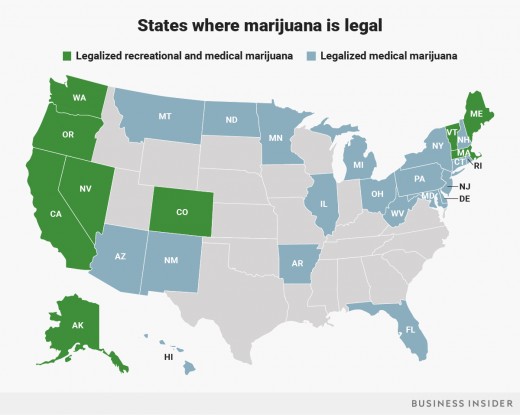
It’s no secret that Attorney Jeff Sessions is a hardline opponent of any type of marijuana-law reform. He’s on record as being against marijuana. Plus, he recently revoked an Obama-era Federal directive that discouraged enforcing federal laws in the sates which have legalized marijuana. The directive was written by Deputy Attorney General James Cole and it allowed the states to decide how to prosecute marijuana crimes; if at all. There were limitations to the directive that involved marijuana use by minors or near schools and how issues of interstate commerce would be handled, but basically it gave the states the ability to decide their own rules. Jeff Sessions took the hard line and rescinded the memo; leaving business owners and growers in those states once again susceptible to federal prosecution.
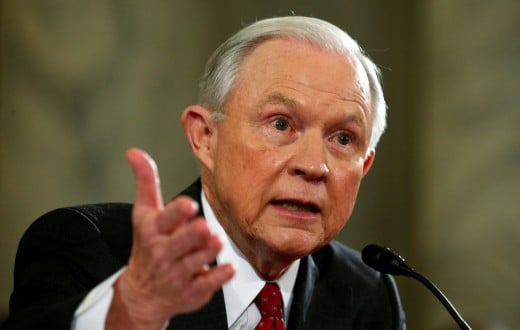
States Leading the Charge
At the time of this piece, 30 states and the District of Columbia have laws which broadly legalize marijuana in some form. The District of Columbia and 9 other states allow recreational use of marijuana, and have some sort of framework on possession, sale, and use of marijuana. The 21 other states allow medical use in some form however there are state by state differences in which treatments are allowable. Some states permit cannabis-infused products such as pills or oils, while others allow for possession of small amounts of dried cannabis for personal use. The western states are leading the push for complete legalization, as demonstrated by their state level laws. Overall Alaska, Massachusetts, Vermont, Washington, Oregon, California, Maine, Nevada, and Colorado all allow recreational use. Additionally, Canada will have legal marijuana by July of this year.
By the Numbers
Legalization has been positive for the job market. In 2017, there were 123,000 full-time jobs connected to the legal marijuana industry. It’s estimated that national legalization would result in the creation of 782,000 jobs in the immediate near-future and 1.1 million jobs by 2025. The states which have legalized marijuana use are enjoying strong tax revenues from the sale of it. It's estimated that full legalization would add more than $6 billion annually to the federal tax coffers. Colorado was the first state to legalize marijuana for recreational use in 2012 and it has produced tens of millions in tax revenues. A recent Quinnipiac poll shows voter support for relaxing current marijuana laws. Voters said by a 60-34 margin that marijuana should be legalized. Additionally poll responses show a 94% approval for medical marijuana. This is the highest level of support in American history for legalizing marijuana.
Marijuana Industry Jobs
Quinnipiac Polling on Marijuana
STATES Act
On Capitol Hill last week, a group of bi-partisan lawmakers introduced the Strengthening the Tenth Amendment Entrusting States (STATES) Act. The measure would exempt marijuana from the Controlled Substances Act, thus allowing every state to legalize and regulate all marijuana products as they see fit. The legislation does not guarantee every state will make it legal, but it lays the groundwork for banking, agriculture, and business development leaders to plan for, and execute industry growth without fear of federal retribution. Any state that chooses to not develop a state-specific set of laws would remain under the federal statues already on the books. President Trump, a strong supporter of states-rights, has publically stated that he would likely sign the bill which is currently being spearheaded by Colorado Republican Senator Cory Gardner.
The STATES Act proposes to amend the Controlled Substances Act, understanding that as long as long as states and tribes comply with a few basic protections, its provisions no longer apply to any person acting in compliance with state or tribal laws relating to marijuana activities. It also goes further to provide clear language stating that financial transactions related to the marijuana industry are not trafficking and lawful. Industrial hemp will also be removed from the list of controlled substances. There are provisions to protect persons under the age of 18 from consuming, selling, or working in the cannabis industry, plus standard interstate commerce regulations.
Marijuana Financing and the United Nations
Currently most businesses within the marijuana industry are prohibited from accessing traditional financial tools such as lines-of-credit or other investment borrowing. Retail outlets are prohibited from using credit cards also. This has forced the industry to rely almost exclusively on cash or private investment. It adds an unnecessary level of risk to business operators and leaves them vulnerable to theft and tax issues down the road.
At a recent meeting of The World Health Organization, members reviewed a first-of-its-kind report on the health and safety of cannabis. The findings were conclusive; marijuana is a “relatively safe drug.” This report was compiled by a global team of experts as one of the initial steps in developing an international, UN supported, policy on marijuana. Around the world, many major nations have already made medical marijuana legal including Australia, Chile, Germany, Israel, Peru, and the Netherlands. Canada is the first major nation to legalize recreational cannabis.
Summary
American marijuana legalization appears to be on the horizon, especially with bi-partisan support in Congress and the President having a favorable opinion on the legislation. Attorney General Jeff Sessions will likely fight the change, but he cannot stop it with so much support. Even if the legislation gets sidetracked, many states are already moving toward joining the list where it’s legal. Arkansas, Connecticut, Delaware, Florida, Ohio, Illinois, Maryland, Minnesota, New Hampshire, Michigan, New York, Virginia, Rhode Island, and New Jersey are all on track to have state laws legalizing marijuana by 2020.
Author's Note
I expect this topic to generate a healthy level of conversation. I'd love to hear thoughts regardless of which side of the discussion they are from. Please keep it civil and thanks in advance for reading!
© 2018 Ralph Schwartz

